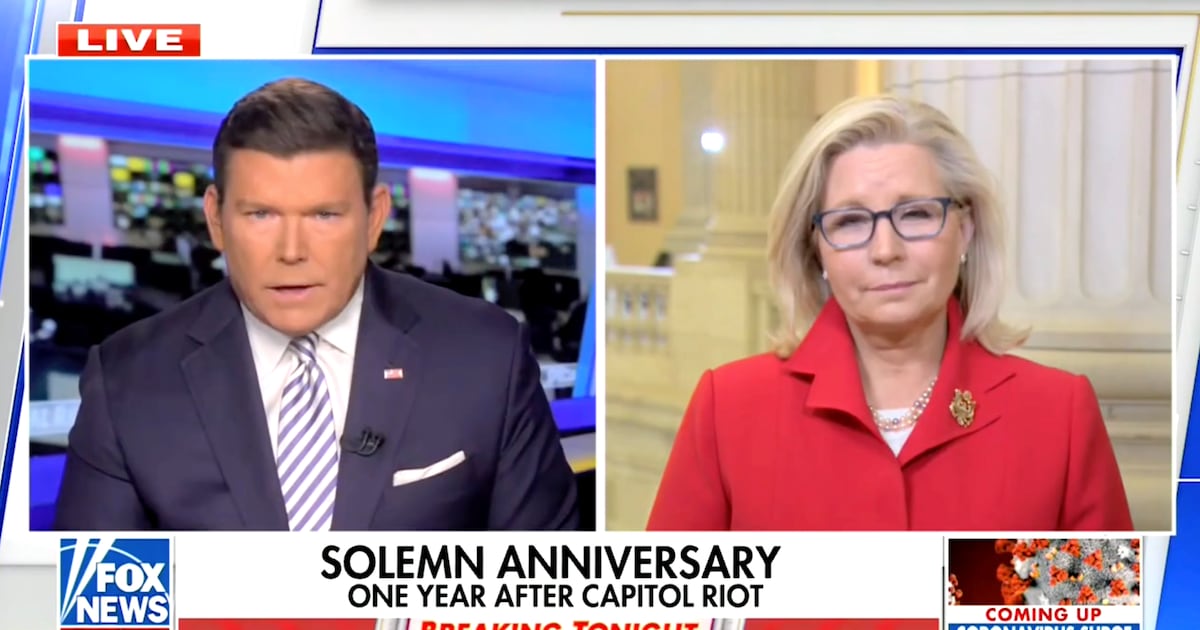He was supposed to be the prosecution’s star—the only eyewitness to the alleged sexual attacks that have toppled Penn State’s top brass. He supposedly had walked in on Jerry Sandusky sodomizing a young boy. He’d seen with his own eyes the naked pre-teen with his hands pressed against a wall. He’d done what was required of him by law—reported the incident to his bosses—and was horrified when they did nothing to stop the abuser.
But more than a month after a damning grand jury report detailed the sexual abuse charges against former defensive coordinator Sandusky, Mike McQueary’s story—once the center of the prosecution’s case—is falling apart faster than attorneys can figure out how to work around it.
There are now at least three separate versions of the former recruiting coach’s account, all being scrutinized by lawyers, investigators, and the press. And while it’s a point that will indeed complicate the criminal case against Sandusky—as Sandusky's lawyer put it on Tuesday, “We have enough inconsistencies to totally wipe [McQueary] off of our case”—it actually might sink the case against the ex-administrators charged with covering up Sandusky's crimes.
ADVERTISEMENT
“It doesn’t look good,” says Wes Oliver, a criminal-law professor, of the upcoming preliminary hearing where those administrators will appear.
On Friday, Tim Curley, the former Penn State athletic director, and Gary Schultz, the now-retired vice president, are expected to face McQueary in court—in a preliminary hearing that will determine if the case goes to trial. They are charged with perjury and a failure to report the abuse to authorities for their role in an alleged coverup. The two men face up to seven years in jail on the perjury charges, which allege they lied to the grand jury when they told investigators they did not know that what McQueary had witnessed was sexual in nature, but something more akin to “horseplay.”

Were prosecutors only trying a case against Sandusky—who abruptly waived his right to a pre-trial hearing this week—McQueary’s credibility might not matter so much. “The entirety of the prosecution’s case doesn’t rise and fall on McQueary,” says Slade McLaughlin, the attorney for the accuser known as Victim 1. But in the case against Curley and Schultz, McQueary is the key; his statements the basis for the felony perjury charge, while the reporting crime is a small misdemeanor infraction.
Already, legal experts say, perjury cases are not easy to prove—a kind of “last-ditch effort,” says Allentown, Pa., defense attorney John Waldron, when prosecutors lack something more substantive. In a preliminary hearing, the burden of proof is not as high—prosecutors need only show probable cause. But in a case with so much resting on one witness, legal experts say a dismissal wouldn't be a surprise.
“There’s a very good chance they could dismiss,” says Oliver, a criminal law professor at Widener University in Harrisburg, Pa.
“Then again," he adds, "this case has so many twists and turns that nothing would shock me anymore.”
The inconsistencies in McQueary’s story begin with what he actually saw—was it an anal rape or just inappropriate touching?—and extend to how he responded to it. According to the grand jury report, McQueary first told investigators that he entered the Lasch Football Building on March 1, 2002, and heard "rhythmic, slapping sounds of sexual activity" coming from the showers. In a handwritten statement to police, he said he was “certain” that “sexual acts/the young boy being sodomized" had occurred.
But instead of calling police—or interrupting the activity—a stunned McQueary called his father, who told him to come over. He left the building, drove to his father’s house, and together, they decided that McQueary would report what he saw to his boss and longtime mentor, Penn State football coach Joe Paterno, the following morning.
He did, and Paterno allegedly informed Curley, the athletic director, of the conversation. A week later, Curley and Schultz called McQueary into a meeting, where, according to grand jury testimony, McQueary explained to the men the graphic details of what he’d seen. They determined they would take away Sandusky’s locker room privileges and ban him from bringing kids into the football building. They also said they’d report the incident to Sandusky’s charity, the Second Mile. They did not notify police.
Investigators told the New York Times last month McQueary was “relieved” to finally be able to come forward, that “this had been weighing on him for a very long time,” one law enforcement put it. But the man, now on indefinite administrative leave from Penn State, has been eviscerated in the press for failing to stop the rape in progress—or call authorities.
In an apparent attempt to set the record straight, McQueary claimed in a Nov. 8 email to friends that he did in fact report the incident to the police (a point police adamantly deny)—and that he had stopped the rape in progress. Yet another version of the story.
Finally, a report from The Patriot-News last week alleges a third account of what happened that night, as told by Dr. Jonathan Dranov, a family friend who allegedly was at the house the night McQueary told his father of the incident. Dranov, according to unnamed sources familiar with his grand jury testimony, suggests McQueary did not really witness sexual contact at all, but merely, a suspicious situation: first, loud noises, then the sighting of a young boy, and finally an adult arm (presumably Sandusky’s) pulling the child “back out of view.”
Dranov allegedly asked McQueary three times if he saw anything sexual, "and three times McQueary said no.”
It’s exhausting to sift through, but legal experts say this leaves prosecutors with a witness whose credibility will likely be torn to shreds.
“These lawyers are going to put McQueary on the stand, and they’re going to cross-examine him on each and every inconsistency that they can find,” Waldron, a former Pennsylvania prosecutor, predicts of Friday’s preliminary hearing. “Their investigators are going to have questioned [Dranov]. They’re going to have talked to the child that was in the shower.”
He adds: “It’s going to be a whole lot different than what happened on Tuesday.”






